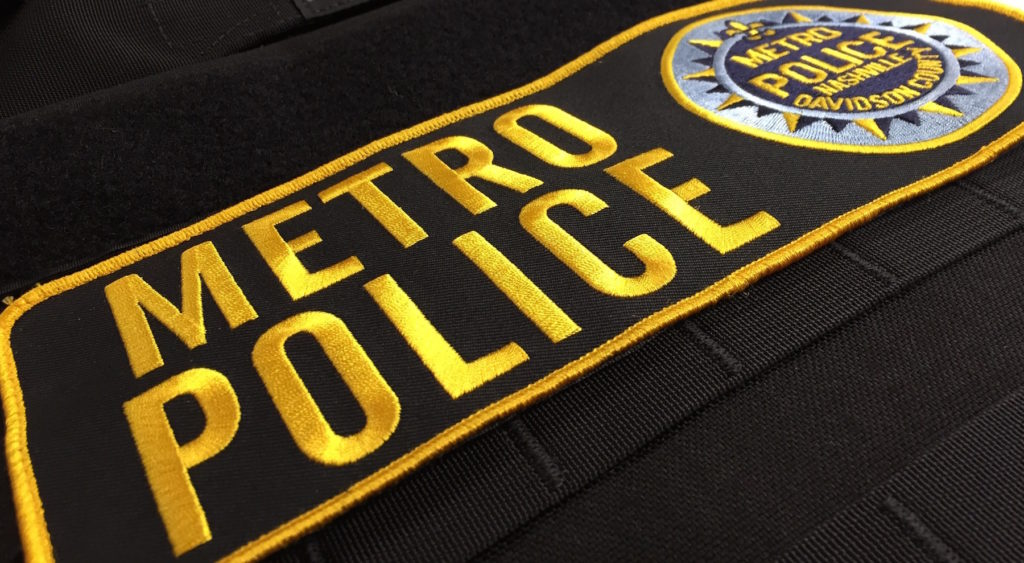
After voters in Davidson County decide who they are going to vote for, they’re getting hit with another question that requires a bit more reading. Metro Charter Amendment 1 spreads across three pages, explaining a proposed citizen panel to review complaints against Nashville police (full text here).
In the conversation above, WPLN’s Tony Gonzalez and Jason Moon Wilkins unpack some of the most common questions about the amendment. Here are some highlights:
What powers would this oversight board have?
This board would mostly work on two things: investigating allegations against individual police officers, and issuing broad policy recommendations to city police.
The board would be able to compel officers or other city officials to testify and provide records.
But there is a check on the board’s power. The board would only be able to make recommendations about discipline — either to the internal police accountability office, or by sending cases to prosecutors to decide whether criminal charges are warranted.
One criticism is that the board would be stocked with political appointees. Who would be on the board?
For starters, no one in law enforcement, recently in law enforcement or married to someone in law enforcement is permitted on the board. That parameter has been criticized by some leaders, including Mayor David Briley, who has said that the police should be more involved in setting up the framework.
The amendment aims to create a board with 11 unpaid members, and they would be required to go through police training. Seven of those members would be nominated from the community; two picked by the Metro Council; and two by the mayor.
The proposal also states that four of the members must come from “economically distressed communities” — although it does not define that term.
There hasn’t been much political advertising on this amendment, but one ad funded by the Fraternal Order Of Police suggests Amendment 1 is a tax increase. Is that true?
Several questions surround the ad, which debuted in mid-October.
The short spot doesn’t use the words “police” or “community oversight,” and instead suggests that Amendment 1 is being pursued by politicians seeking power. However, the mayor and a prior Metro Council votes show that those leaders haven’t been aggressive in angling for this proposal. (Briley says he supports some form of community oversight, but not as proposed in the current charter amendment.)
As for taxation, the ad references a $10 million tax increase, which is simply not part of the ballot measure. The oversight board would receive an annual budget of at least $1.5 million, mostly to pay 9 support staff members who would work with the citizen board. But that money would come out of the existing Metro budget.


